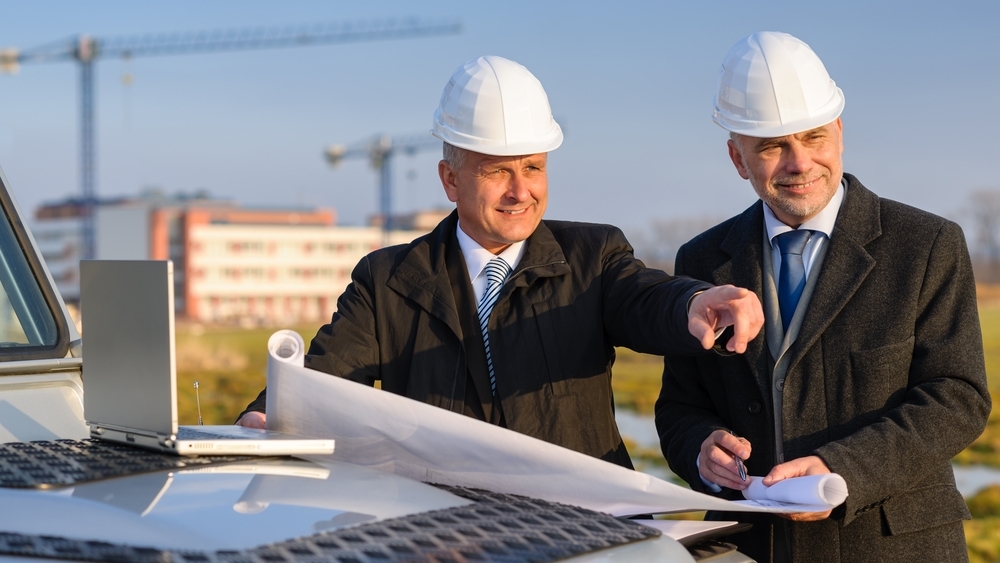Real estate investing has made many a millionaire, so it’s not out of the ordinary if you have the resources to consider a land development deal. But unless you have enough reserves to go it alone, you might want to put together a group of developers and investors. What is involved and what are the risks and rewards?
Research is crucial. You should know up front that investing in land development is high risk. There are lots of moving parts, so your first investment is time spent in research. Decide what kind of development you want. Do you want to develop land for single-family residential housing, apartments, condominiums or for commercial buildings? These may be the obvious types of land developments but there are others such as purchasing land for agricultural use, such as raising crops, livestock or timber. Spend time researching online and talking to experienced investors.
A clear plan. Set a clear goal and then write a step-by-step plan to reach your goal. What is the supply and demand for what you want to develop? Why do you think it will be a success? What will you do with the land? What kinds of improvements will you make? How will you market the project and what will you define as success? This plan will be essential for showing to development partners, investors, bankers, lawyers and governmental agencies with authority over the land.
Legal expenses. An investment partnership involving land purchase and development is a complex enterprise requiring expensive legal work regarding partnership details, their investment, their obligations and the formation of the legal entity under which all the business will be conducted. Then there are the legal processes for land purchases, and filing all of the land use and site development plans with the local government authorities.
Getting site plans approved and permits. One of the most complex aspects of this type of venture will be presenting plans for land use and development to the local municipality, county and state governmental authorities for the proper approvals. You will need a detailed map with streets, storm drainage, utility schematics, lot boundaries and more. The plans will go before the proper commissioners and civil engineers who will study them in detail and offer advice on any deficiencies in your plans. When construction begins, expect to become well acquainted with inspectors of every type.
Builders. Expect to hire or partner with builders to construct the residential or commercial buildings on the site. While the project is being built, expect to work with them on a daily basis.
Marketing. With a residential development, once the streets are paved, utilities run, lots designated and the builders are ready to go, the development must be marketed. The buying public needs to know that you are there and what you have to offer.
The payoff? If ultimately successful, land development can be lucrative, with prosperity available to leverage more deals.
Less risk. Want to invest in real estate development without all the risks and complications? Talk to your licensed financial adviser about investing in a Real Estate Investment Trust Exchange Traded Fund, or REIT ETF. Your investment goes into already existing real estate development companies that have various types of investment properties.


